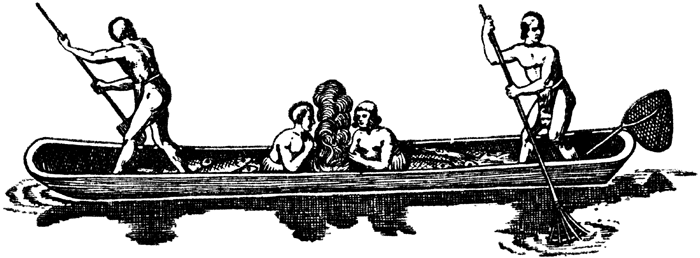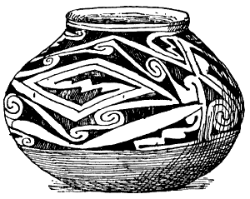Program Objectives and Outcomes
Objectives
- Students will learn the general course of human history in multiple areas of the world.
- Students will learn to understand the world contextually, that is, to interpret human experiences and the meanings people have given them in relationship to the place and time in which they occurred.
- Students will learn to understand, analyze, and evaluate both evidence and arguments.
- Students will learn to explain how and why important events happen and change over time occurs.
5. Students will learn to create knowledge and communicate it to others both orally and in writing.
Outcomes
- Students will demonstrate knowledge of the chronology, narrative, major events, personalities and turning points of the history of the United States, Europe, and at least one non-Western area.
- Students will offer multi-causal explanations of major historical developments based on a contextualized analysis of interrelated political, social, economic, cultural and intellectual processes.
- Students will correctly extract evidence from primary sources by analyzing and evaluating them in relation to their cultural and historical context (avoiding anachronism, ethnocentrism, and ethnomorphism) and use that evidence to build and support an argument.
- Students will evaluate secondary historical sources by analyzing them in relation to the evidence that supports them, their theoretical frameworks, and other secondary historical literature.
- Students will write an original research paper that locates and synthesizes relevant primary and secondary sources and has a clear, coherent and plausible argument, logical structure, correct grammar and proper references (footnotes and bibliography).

